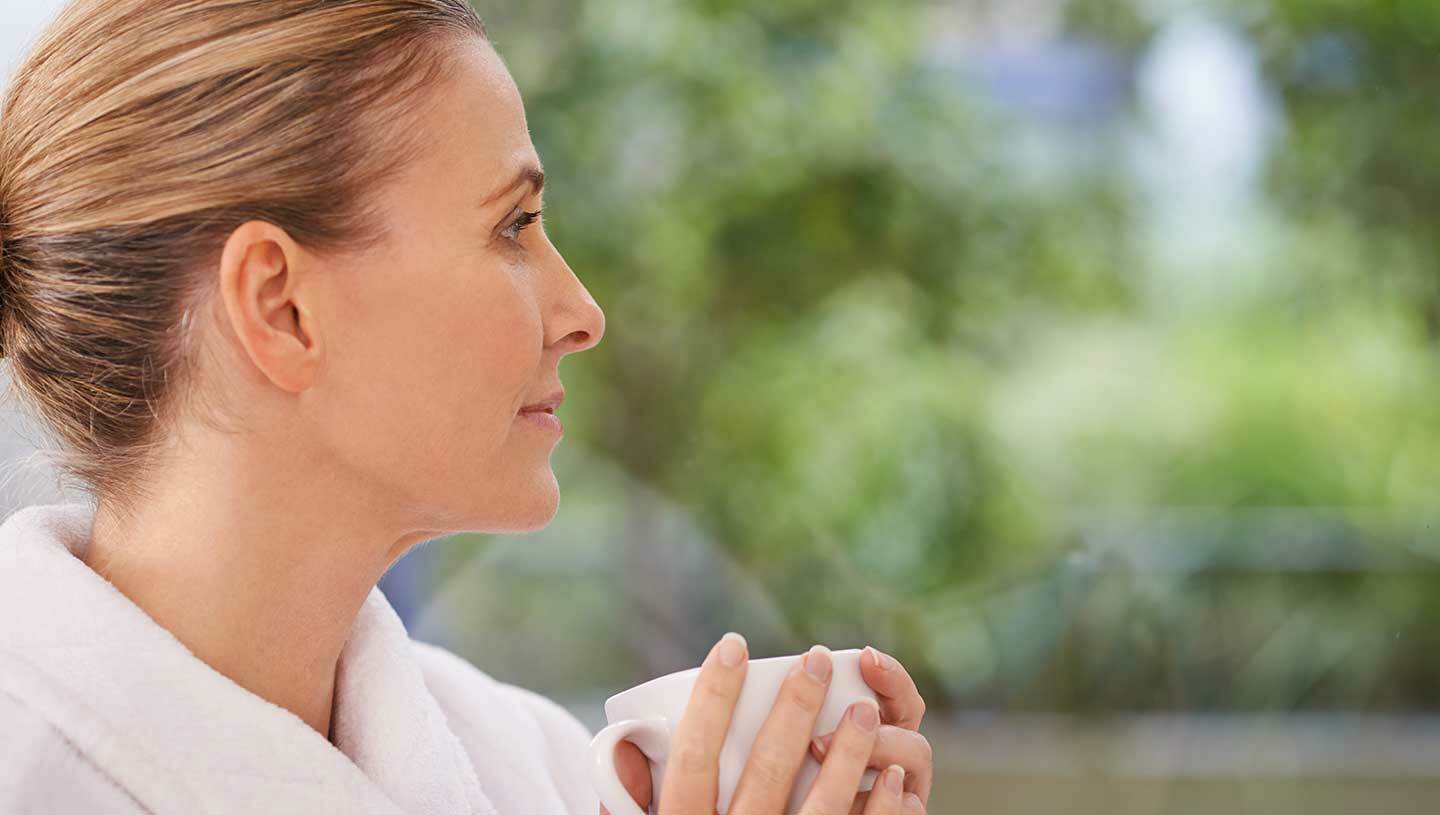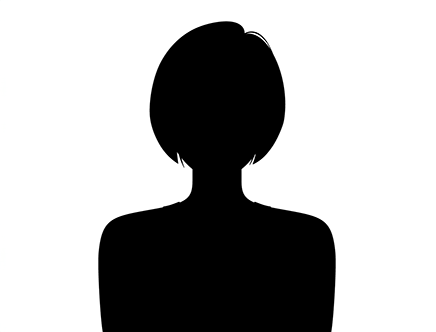
We’d all like to be happy, right? Going around smiling, thinking happy thoughts without a care in the world? No more drama, heartbreak, arguments, no Sunday night Scandi dramas, 18 certificate films, weeping sessions with your best mates, no more cynicism, drollery, morbid wit?
Okay, maybe there’s such a thing as too much happiness – although tell that to the Americans, who wrote it into their constitution as a human right. Freud wrote that human beings are incapable of happiness, mostly due to civilisation and its discontents, and thus to spend our lives pursuing will only end in disappointment. But who wants to invite Freud to a party?

Since the ancient Greeks, we have been trying to work out what happiness is. Some say it is something to work towards, others that it springs from hedonistic pursuits, while Aristotle claimed, “Happiness is being engaged in the process.”
More recently, eminent Hungarian psychologist Mihaly Csikszentmihalyi, came up with a similar idea when he identified happiness as a ‘flow-like state.’ Have you ever been so utterly absorbed in an activity that you forget yourself, no longer need to make any effort, yet your awareness is heightened? That’s ‘flow’, or what athletes describe as being in ‘the zone’. If we focus on a chosen goal, our energy flows in that direction, re-ordering harmony in our conscious processes.
Happiness therefore isn’t something we strive toward, but something that arises as a by-product of doing something we love, that is challenging and demands a focus of our skills. There may be a goal such as winning or finishing the task, but Csikszentmihalyi says that it’s the creative act itself that produces the moment of joy, or flow, not its completion.

In the 1990s, happiness was wrapped up in the cult of positive psychology, which still holds sway over self-help books today (see Andy Cope, below). The idea comes from the Stoic philosophers, that’s it’s not the word that’s the problem, but our way of looking at it.
My favourite self-help book is The Antidote: Happiness for People Who Can’t Stand Positive Thinking by Oliver Burkeman.
In it, the author interviews a wide array of people, from psychologists to spiritual teachers, who agree that it’s our constant effort to be happy that is making us miserable. But there is an alternative ‘negative path’ to happiness which involves embracing failure, pessimism, insecurity and uncertainty. While it may sound downbeat, the book is surprisingly positive. And funny: a trait ironically absent among ‘happiness experts’.

Some people confuse perfectionism with happiness. They believe if they can be famous, pretty, thin and successful, then all joy will be theirs. The pursuit of perfectionism however is doomed to fail, because being perfect is an impossibility.
We have been warned in countless ways through stories, films and experience, and yet, we can’t help ourselves: we’re not good enough; we’re failures; we’re boring. If we could silence our inner critic, and celebrate our unique quirks the way our friend’s might, we’d be a lot more content with who we are.
“If we talked to our friends the way we talk to ourselves, we wouldn’t have any friends left,” says Andy Cope, author of Happiness: Your Route-Map to Inner Joy.
Cope has been studying the ‘2 percenters’ (the happiest 2 per cent of the population) and became aware that they focused on positive things in a day rather than dwelling on the negative. (Duh – sorry, that’s my critical voice). But we ‘98 percenters’ aren’t at fault – indeed it’s our survival skills that make us so miserable. “Because happiness doesn’t save your life, it merely enhances it, we’re not programmed to tune into it as much,” he says.
In other words, happiness, and a positive outlook on life, takes work. It may also get you eaten by lions.

We can’t mention happiness these days without mentioning Gretchen Ruben, creator of The Happiness Project. Her first book aged 40 went to the top of the best-seller lists; she hangs out with Oprah, the Dalai Lama and Obama. But is she happy? Oh, yes. She’s positively beaming.
Gretchen spent 12 months trying to improve her life. She advises exercise, organise, be playful, make time, show love, and, the biggie, let go of the life you wish you had (aka, your dreams). Again, there’s so much work. I’m spotting a theme here…
The World Happiness Report is an in-depth algorithm – based on things like economy, equality, well-being, healthcare and community - that measures the top 20 happiest countries. In 2018 Norway is number one, Denmark is second and Iceland third. The work here involves booking a holiday to Norway and seeing if any of the joy brushes off those fjords.

We all define happiness differently. For Gretchen, it might be decluttering her home; for Freud it might be puffing on the cigar that killed him; for Ronaldo it will most likely be kicking a ball in the back of a net. Where you get your kicks is between you and your ID, and how you define happiness will be very different to the way I do. But I will say this: do not rely on others to make you happy. Find your own path. (Or read The Path, if you must).
Tell us what makes you happy @goodspaguide

The Spa Spy
17th January 2018
Spy Likes:
Intuitive masseurs, inspired or outlandish treatments and design, posh products and celeb spotting.
Spy Dislikes:
Anyone po-faced (guests and therapists) or stupid, boring design and treatments.
